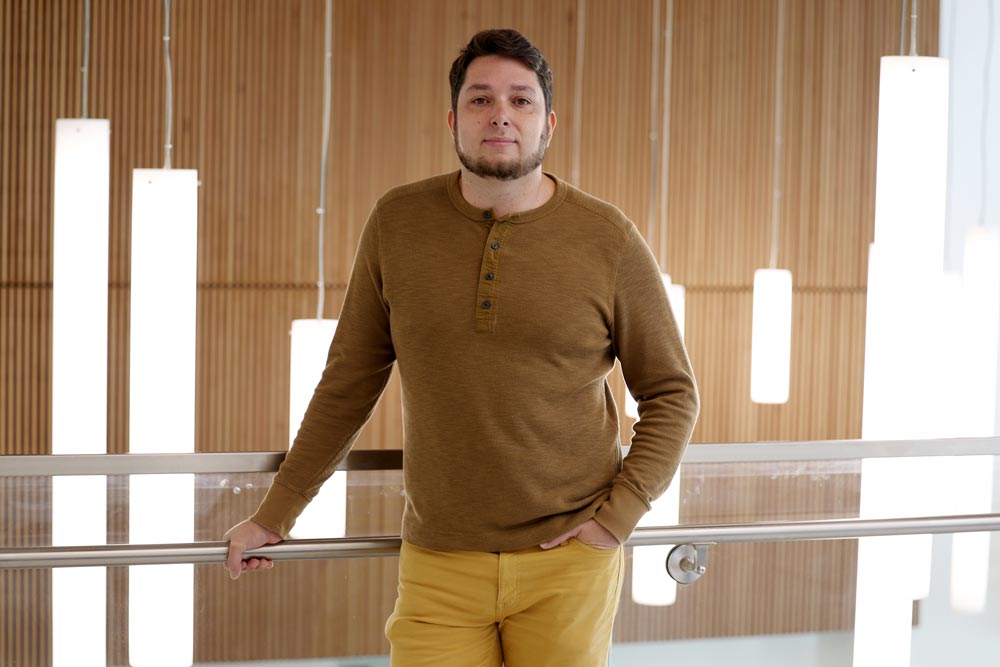Do you think you can spot fake news?
UVA Today has an interactive quiz to test your University of Virginia knowledge and fakery detection skills. But before we get to that, here's some crucial information from UVA research.
It turns out Generation Z and millennials, who grew up online, struggle to spot bogus, AI-generated headlines. With the presidential election just weeks away, campaigns are in high gear and misinformation is spreading. Knowing what is real and what is fake is more important than ever.
Hudson Golino, an associate professor of psychology at UVA, joined colleagues from the University of Cambridge to create "MIST," the misinformation susceptibility test. The team used ChatGPT2 to generate quizzes with fake and real headlines. Then, they analyzed test taker data.
"We wanted to see the difference between younger adults and older adults in terms of their ability to detect misinformation," Golino said. "We discovered something super cool and interesting, … older adults are actually less vulnerable to misinformation than younger adults."
That's surprising, he said because literature has shown that historically, older adults share more misinformation, especially using Facebook.
"But in terms of believing or the capacity to differentiate fake news generated by AI and real news headlines, older adults are better than younger adults," he said.
That's because of something called "crystallized intelligence," a skill developed over one's lifetime. Older people have more of it. Younger ones have less.

Hudson Golino is an associate professor of psychology. (Photo by Matt Riley, University Communications)
"Memory, the velocity of processing of information, our capacity to solve abstract problems, they all peak at around 24 years of age, and then they decline with age, especially after 50 and 60," Golino explained. "Crystallized intelligence only grows."
International research group YouGov used the MIST test in U.S. polling. It found two-thirds of Americans can tell fake from real headlines. Only 11% of 18- to 29-year-olds earned a high score (over 16 headlines correct) and 36% received a low score (10 headlines or under correct). Of those 65 and older, 36% earned a high score, while only 9% receved a low score.
Here is the nut: Most younger people get their news from unregulated social media sites like TikTok and YouTube. Most older people turn to traditional news outlets, which have checks and balances like double- and triple-sourcing facts.
Now, it's your turn to test your fake news detector with this custom quiz, designed for UVA Today readers by Golino himself, whose research was published in June 2023 in the journal Behavior Research Methods.
Share
Your score has been copied to your clipboard.









